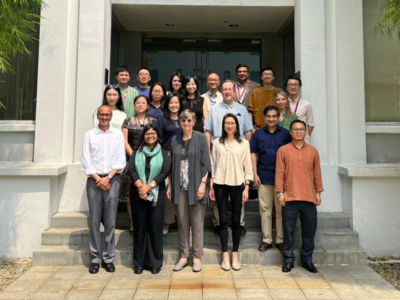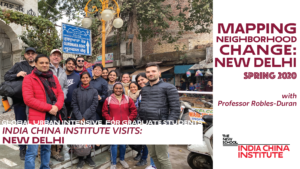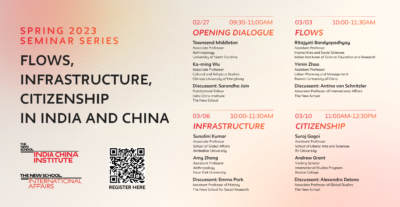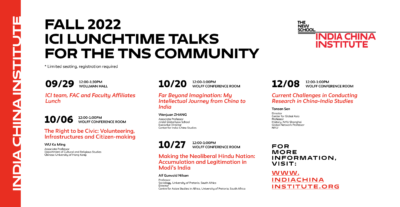Cities and Citizenship
Citizenship disputes have become the most hotly-contested arena of political life around the world, in part as a result of both international and domestic migration. Most commonly, it is in cities that migrants seek new jobs and lives. Thus, citizenship debates are closely aligned with questions of who has access to cities and their jobs, housing, services, and their spaces of consumption more generally. Of the global urban population of 4 billion, about one-third or 1.5 billion make their livelihoods and their homes in the rapidly growing cities of India and China.
Over the next decade, the urban populations of China and India will increase by another 500 million, through both migration and rural land conversion. Migration and urbanization are disrupting long-standing distinctions in both countries between rural and urban in terms of access to employment, social welfare provision, and political participation. Urbanization in this context rekindles debates over citizenship in the city: how formal national citizenship diverges from substantive citizenship in the city, who possesses substantive forms of urban citizenship and who does not, and how both citizens and “noncitizens” gain access to urban services (housing, education, amenities, infrastructure).
While these debates over urban citizenship date to classical Greece and stretch across the history of cities, their rekindling in the context of 21st century Asia suggests the need for new concepts and thinking about cities and citizenship. The India China Institute is planning a conference that brings together urban researchers and practitioners to address questions of citizenship and urban transformations in China and India.







